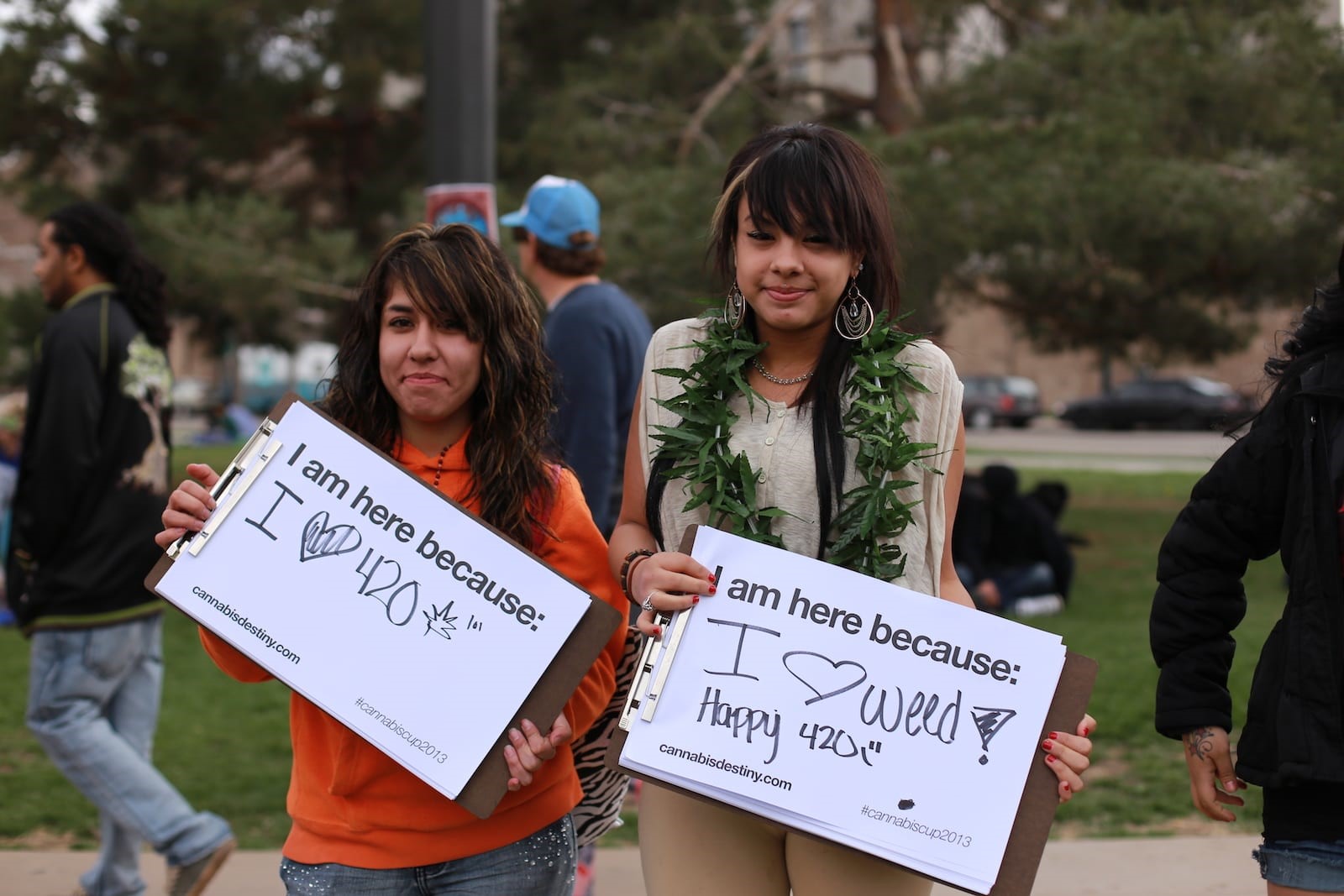Crack The Code Of Colorado’s Mountain Lingo

Ever wondered what locals mean when they talk about a "14er" or "bluebird day" in Colorado? Colorado's mountain lingo can seem like a whole new language to visitors. Understanding these terms can make your trip more enjoyable and help you connect with locals. From skiing slang to hiking jargon, this guide will help you get a grip on the unique vocabulary used in the Rockies. Whether you're planning to hit the slopes or explore mountain trails, knowing the right words can enhance your experience. Ready to crack the code of Colorado's mountain talk? Let's get started!
Understanding Colorado's Mountain Lingo
Colorado's mountains are more than just breathtaking views and thrilling adventures. They come with their own unique language. Knowing this lingo can make your trip smoother and more enjoyable. Let's break down some key terms and phrases you might hear while exploring the Rockies.
Key Terms for Navigating the Slopes
When hitting the slopes, you'll encounter some specific terms. Understanding these will help you blend in with the locals and enjoy your time on the mountain.
Powder: Fresh, untouched snow that's perfect for skiing or snowboarding. Locals often refer to it as "pow."
Groomer: A trail that's been smoothed out by a snowcat. These are great for beginners or those looking for a more relaxed run.
Tree Run: A path through the trees, offering a more challenging and adventurous route down the mountain.
Bluebird Day: A day with clear blue skies and plenty of sunshine, ideal for outdoor activities.
Après-Ski: Social activities and entertainment following a day on the slopes. Think hot cocoa, live music, and cozy fires.
Essential Hiking and Camping Vocabulary
Exploring Colorado's trails and campsites requires a different set of terms. Knowing these will help you communicate better with fellow hikers and campers.
Fourteener: A mountain peak that exceeds 14,000 feet in elevation. Colorado boasts 58 of these majestic giants.
Switchback: A trail that zigzags up a steep slope, making the ascent easier.
Bear Bag: A bag used to store food and scented items, hung from a tree to keep bears away from your campsite.
Trailhead: The starting point of a hiking trail. Often equipped with parking and information boards.
Leave No Trace: A set of principles promoting conservation and responsible outdoor ethics. It encourages hikers to leave nature as they found it.
Local Slang and Expressions
Locals have their own way of talking about life in the mountains. These expressions will help you sound like a true Coloradan.
The Front Range: The eastern slope of the Rockies, home to cities like Denver and Boulder.
The Western Slope: The area west of the Continental Divide, known for its vineyards and orchards.
Summit County: A popular region for skiing and snowboarding, including towns like Breckenridge and Keystone.
Mud Season: The period in spring when snow melts, and trails become muddy. It's a quieter time for tourism.
14er Fever: The obsession with climbing all of Colorado's fourteeners. Many locals and visitors alike catch this bug.
Wildlife and Nature Terms
Colorado's diverse wildlife and natural beauty come with their own set of terms. Familiarize yourself with these to enhance your outdoor experience.
Alpine: The high-altitude zone above the tree line, characterized by tundra and rugged terrain.
Aspen: A type of tree known for its white bark and vibrant fall colors. Aspens are iconic in Colorado's landscapes.
Elk Bugle: The distinctive call of a male elk, often heard during the fall mating season.
Marmot: A large ground squirrel found in the alpine regions. Known for their loud whistles.
Wildflower Season: The time in late spring and early summer when Colorado's meadows burst into bloom with colorful flowers.
Understanding these terms will not only help you navigate Colorado's mountains but also deepen your appreciation for this stunning region. Enjoy your adventure!
Embracing Colorado's Unique Mountain Lingo
Understanding Colorado's mountain lingo adds a fun twist to any trip. Knowing terms like "14er" for peaks over 14,000 feet or "pow" for fresh snow makes you feel like a local. It’s not just about words; it’s about connecting with the culture and people. Whether you're hiking, skiing, or just exploring, using the right terms can enhance your experience. Locals appreciate when visitors make an effort to speak their language. It shows respect and a genuine interest in their way of life. So next time you're in the Rockies, try out some of these terms. You might find it opens doors to new friendships and adventures. Enjoy the mountains, and speak like a true Coloradan!

